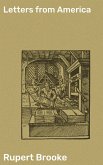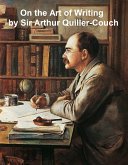In "Shakspere & Typography," William Blades meticulously examines the intricate relationship between William Shakespeare's works and the typographical practices of his time. Blades delves into the historical context of Elizabethan printing, exploring how the visual presentation of texts impacted their reception and legacy. The book features a blend of meticulous research and engaging prose, enriched with illustrations and facsimiles of early editions, which breathe life into Shakespeare's textuality, revealing not just his literary genius but also the craftsmanship behind his printed words. Through a scholarly analysis, Blades showcases the evolution of typography during the Renaissance, highlighting its essential role in shaping literary culture and Shakespeare's enduring influence. William Blades, a notable bibliophile and printing expert, dedicated his research to understanding the art of printing. His insights are deeply informed by his background in typography and his passion for literature, leading him to uncover the nuances of Shakespeare's texts. Blades' deep respect for the printed word and keen understanding of its historical significance make his work invaluable to both literary scholars and enthusiasts. This book is highly recommended for anyone interested in the intersection of literature and print culture. Blades not only offers a scholarly perspective on Shakespeare's works but also enriches the reader's appreciation of how typography contributed to the writing and interpretation of timeless literature. Dive into this captivating exploration for a deeper understanding of Shakespeare's legacy.
Dieser Download kann aus rechtlichen Gründen nur mit Rechnungsadresse in A, B, BG, CY, CZ, D, DK, EW, E, FIN, F, GR, H, IRL, I, LT, L, LR, M, NL, PL, P, R, S, SLO, SK ausgeliefert werden.









